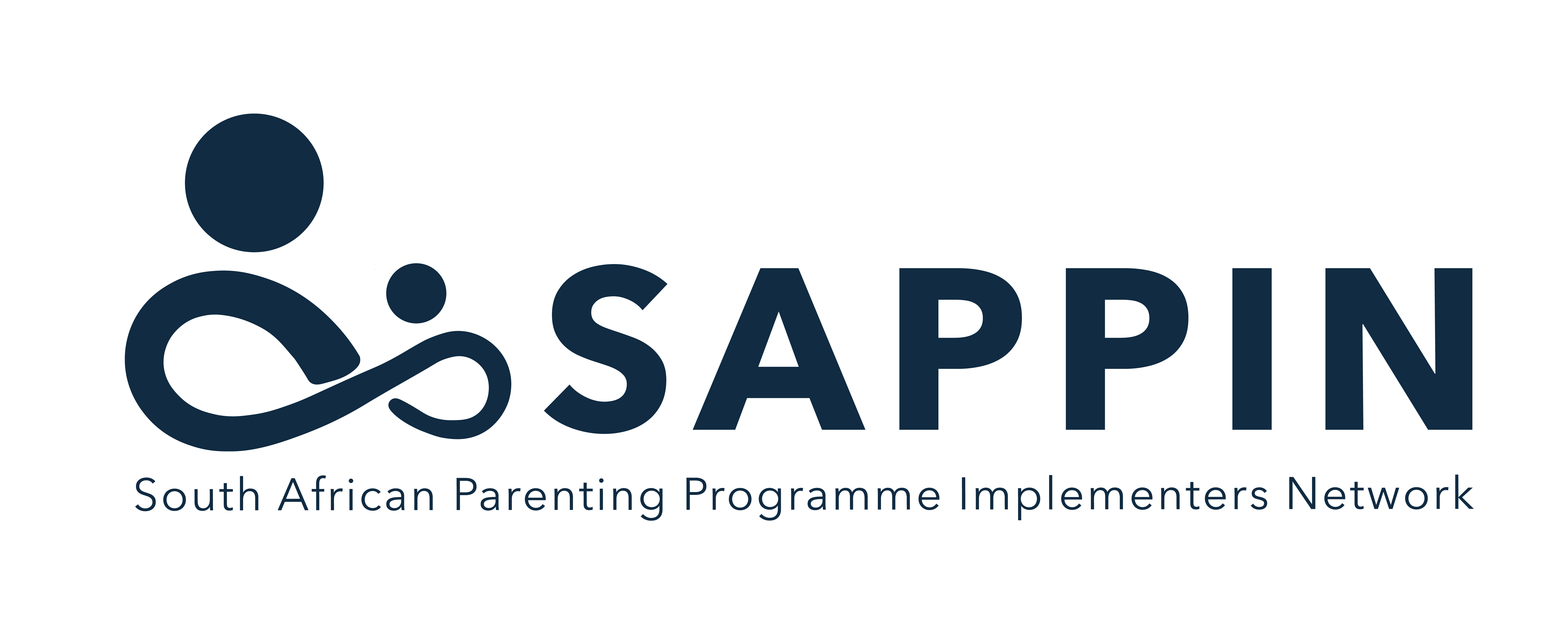


Claudine Ribeiro, director at Johannesburg Parent & Child Counselling Centre, recently shared her thoughts on the effects the aftermath of Covid-19 has had on the global youth and what we should be focusing on in order to address it. Below follows her thoughts on the matter:
Once the COVID dust had settled, and people tried to return to some kind of normality in their lives and in their families, those of us working in the Mental Health space soon realized that whilst the overt risk of death and loss had largely passed, the disease had done its damage in a far more insidious and unexpected way.
It is apparent to all those who offer therapeutic work with children and adolescents that the increase in mental health challenges has been overwhelming. Children have been experiencing unprecedented levels of anxiety, depression, and suicidality. This appears to be a global trend and South Africa is by no means exempt from this. Symptoms such as sleep disruption, school difficulties, high stress levels and PTSD symptoms are but a few of the issues being dealt with by practitioners. It is estimated in some studies that the incidents of anxiety, depression and suicidal ideation doubled during the COVID epidemic, but have not yet subsided. Higher levels of teen suicide were seen early on in the Pandemic. Again these have not subsided. If anything, they are rising.
Questions of causality have arisen, and perhaps an examination of these factors is relevant. During COVID, children and adolescents were not shielded from the disease. They too had to practice stressful social distancing, be excluded from school, and remain at home. Knowing how important the peer group is for children from the ages of 10 upwards, it is clear that being separated from each other in a physical way was detrimental to their mental health. Whilst there was the possibility of connecting online, it simply was not the same. In fact it runs the risk of higher levels of bullying and abuse due to the “not present” nature of having a screen relationship. It is much easier to get away with abusive language, taunting and bullying than if you were encountering the person “in person”. We know that empathy falls away when a screen is involved. Together with the challenges of online interaction children also experienced isolation, the loss of family and friends, and the actual experiencing and coping with COVID itself along with some of the long term physical effects of the disease.
We also know that due to the isolation, families experienced high levels of stress. Unemployment skyrocketed, and existing abusive families became more abusive. The stress on families in under-resourced areas was extreme, adding further psycho-social stressors to an already difficult situation. Children without question became more vulnerable.
I also do not think that we can overlook the huge amount of material and information and contributions that there are online for children who are suffering in this way. Suicide is easily found online, from information about how to do it, to self-diagnostic messages and encouragements. And with an allied decrease in religious censor of suicide, it suddenly becomes a much more real option for so many children.
Where does that leave us now with our adolescents and our youth? And with our services?
For those of us who practice counseling in schools, as well as long term therapeutic management of these issues, our focus has to shift to include strengthening our therapists and counsellors, teaching them and training them with new skills, encouraging more debriefing and supervision. We have also had to change the nature of supervision to become a lot more trauma-oriented. We have had to streamline our services, following a step-by-step approach when dealing with each indiviudal in crisis. This allows us to provide more, be more confident and assured in what we can do, as well as be willing to work with our networks to support the child.
But this is not enough. We also need to focus our attention on interventions with parents that promote resilience in our children. We need to work on parenting training that increases connection, self-awareness and encourages support and trust. We need to debunk the mystery and vilification of mental illness and encourage our parents to care and not further reject their suffering children. And we need to do the same with our schools, and our communities.
In our corner of the word, we have had some success in encouraging parents to be the support system and helper when their child needs help. Organisations need to find innovative ways to work with parents, educating them about mental illness, about how to treat it, and how best to assist their children. The Pandemic lives on in a surprising way. And we have to constantly ask ourselves “how are we going to respond to it?”.